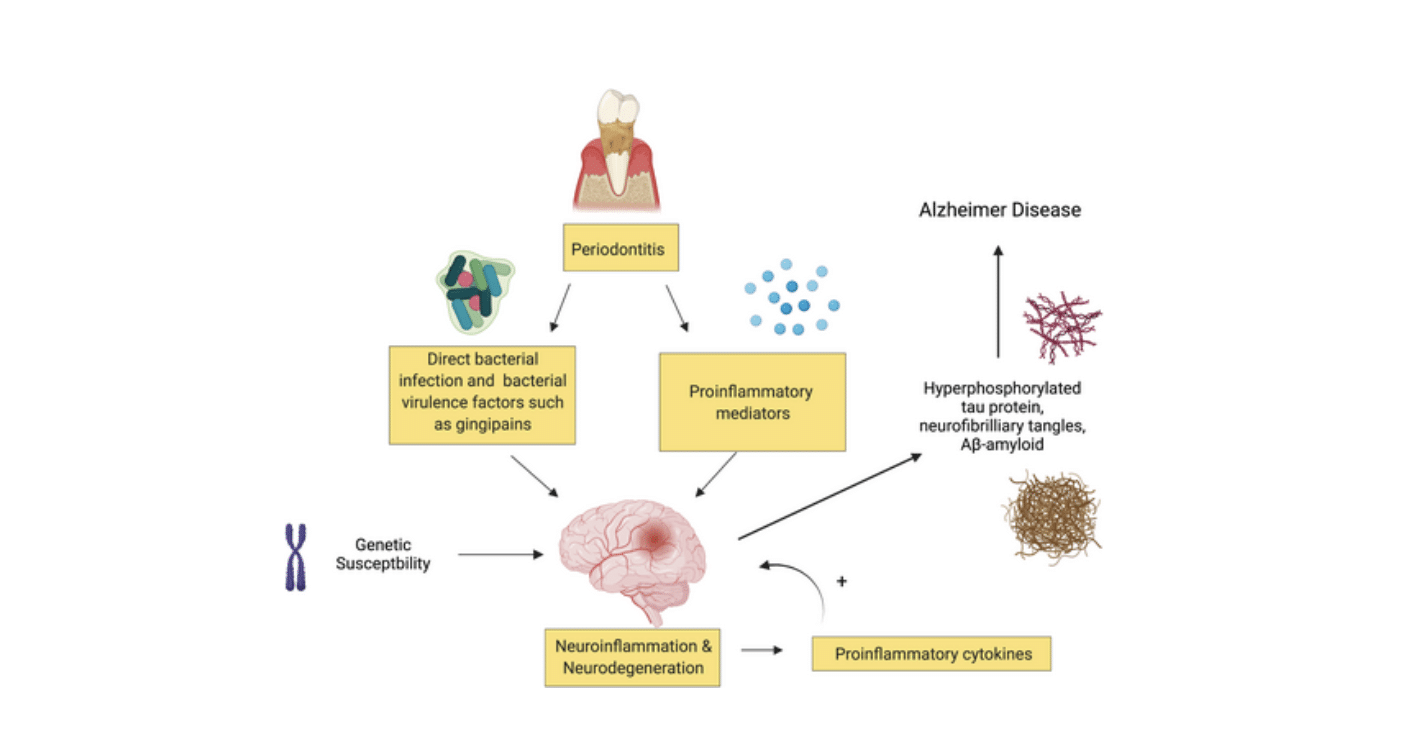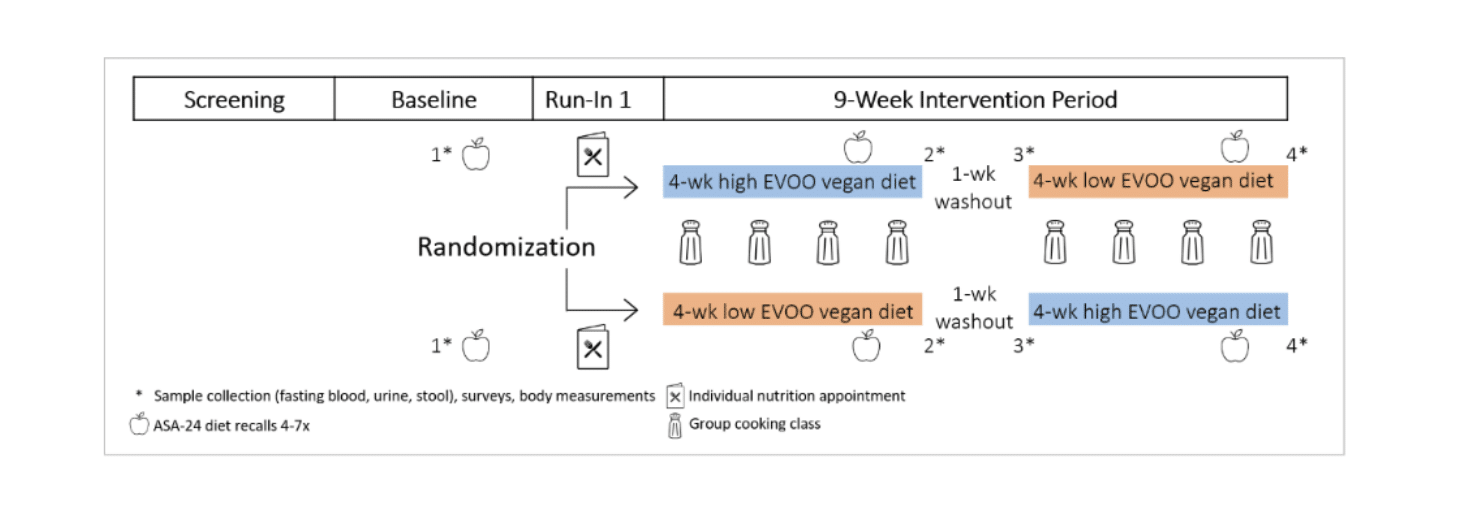

I was reminded recently of the 2011 science fiction thriller Limitless, which tells the story of a struggling author, played by Bradley Cooper, who takes a drug that unleashes his full mental capacity for the first time. You might remember the premise—that we typically only use a small percentage of our brainpower—which I suspect could appeal to audiences today even more than it did fifteen years ago. Never have we been more persistently bombarded by distractions than we are today; never have our attention and ability to focus been so manipulated and fractured. The proliferation of productivity devices and hacks speaks to an almost perverse value our society places on optimization. As if we were machines. As if, by applying a few tweaks to our operating systems, we might become better versions of ourselves.
Though we are not machines—thank goodness—many people (and companies) would love to find a special substance, like the drug in the film, capable of unlocking more of the mind’s potential. In the meantime, many people (and companies) claim to have already found that substance.
I’m not just talking about synthetic drugs, either. When I commanded ChatGPT to give me a list of supplements thought to improve cognitive health, it quickly generated 20, expanding the list to 50 in a follow-up response. Thought to improve is a far cry from actual improvement, of course. But the AI’s response illustrates how successful the industry’s marketing is and how susceptible the buying public may be. When I asked for evidence or statements from authoritative health agencies backing up the supplements it listed, it largely backtracked, admitting that there is generally a scarcity of evidence for most of those products.
(You can read more about supplements here: To Supplement or Not to Supplement. Read more about “whole food” supplements like AG1 and Juice Plus: Whole Food Supplements Are Not Whole Foods.)
But what about food, not supplements? Can you boost your brainpower by adding a few items to your diet? Or, at the very least, are there some principles we might follow for better brain health?
Choose a Healthy, Antioxidant Diet and Lifestyle
Better oxidative balance scores (OBS), a measure of both antioxidant and pro-oxidant components in a diet and lifestyle, are associated with cognitive function in older adults and less depression, especially in women.[1][2] Similarly, total antioxidant capacity (TAC), a measure of the complete effect of antioxidants present in a system, is related to a decreased risk of cognitive dysfunction.[3]
Long-term intervention trials are needed to fully flesh out the relationship between dietary antioxidants and cognitive health. The current evidence supporting the role of antioxidants is compelling but perhaps not as conclusive as you might assume.[4][5] Nevertheless, it can only do you good to focus on a well-rounded diet that includes an abundance of antioxidant-rich foods, and the hypothesis makes a lot of sense: aging processes in the brain affect brain function, and oxidative stress contributes to the aging process, so factors that reduce oxidative stress (e.g., antioxidants) might help delay the aging process and its subsequent effects on brain function.[6]
Antioxidants are best obtained, and often only obtained, from plant-based sources. Certain beverages (coffee and tea), berries, and nuts are especially antioxidant rich, and spices and herbs are usually among the most concentrated sources of antioxidants.[7] “Antioxidant rich foods originate from the plant kingdom,” write the authors of an impressive antioxidant database, “while meat, fish and other foods from the animal kingdom are low in antioxidants.” It gets worse: research shows that the antioxidant activity of certain plants can be dramatically impaired when you consume them with certain animal foods. In a fascinating study, the antioxidant activity of blueberries was blocked or impaired when subjects also consumed 200 milliliters (just under 7 ounces) of whole milk (the control group drank water).[8]
This blueberry and milk example offers an important reminder that none of the foods we consume, from the antioxidant rich to the antioxidant poor, are ingested in isolation. If you want the benefits of healthier foods, it would seem commonsensical to avoid pairing them with suspect foods like cow’s milk.
Eat for Your Periodontium
The periodontium is a complex structure of tissues, bones, and ligaments that support our teeth. It is the foundation of oral health. Failure to care for the periodontium results in gingivitis (an earlier stage of gum disease), and if we are not careful, that can progress to periodontitis, which can bring with it gum recession, bad breath (halitosis), painful chewing, and tooth loss. Periodontitis is initiated by oral bacteria, but its progression is heavily influenced by pro- or anti-inflammatory factors.[9] In the first study to document an association between overall dietary patterns and periodontal-related tooth loss, involving statistical analysis of 6,887 participants, researchers found that “Adherence to an anti-inflammatory diet is associated with fewer missing teeth.”
What does any of this have to do with the brain? It turns out that periodontitis is a common risk factor for dementia and cognitive impairment, as confirmed by a study of a nationally representative sample of over 4,500 National Health and Nutrition Examination Survey (NHANES) respondents.[10]
You might think this is because periodontitis and conditions of cognitive impairment share the common underlying factor of chronic inflammation—and you would be right, partly—but there are also mechanisms by which periodontitis itself might lead to increased neuroinflammation and neurodegeneration.[11] In other words, it is not merely that these conditions share a common cause.

“Figure 4: Possible mechanism how periodontal disease may affect Alzheimer disease through increased chronic inflammation and infection of the brain by oral bacteria” by Ball and Darby.[11] CC BY-NC-ND
We have written about this elsewhere: The best dietary lifestyle for periodontal health is anti-inflammatory, making the case for a whole food, plant-based (WFPB) diet almost a no-brainer. Lastly, numerous studies have shown a strong relationship between fruit and vegetable intake and better periodontal health.
What about the Mediterranean Diet?
The Mediterranean and DASH (dietary approaches to stop hypertension) diets are often recommended as neuroprotective, as is the combo MIND (Mediterranean–DASH intervention for neurodegenerative delay) diet.[12] Research on the Mediterranean diet has shown that its benefits can be transferable to other parts of the world, suggesting the diet itself, rather than other Mediterranean lifestyle factors, is largely responsible for better health outcomes.[13][14][15]
Each of these neuroprotective diets emphasizes fruits, vegetables, legumes, and whole grains while avoiding foods that are highly processed and animal foods high in saturated fat; however, these diets also allow fish, poultry, and olive oil. You might wonder why the WFPB diet forgoes all of those items. Is it necessary to give up all animal foods?
Evidence shows that if you swap a standard American diet for a Mediterranean-style diet, you will see some health improvements. If you replace processed red meat like bacon with boiled chicken flesh, you may see some improvements to your health.[16] And perhaps those benefits might extend to your mental health. However, this does not mean the benefits of the Mediterranean diet are attributable to the animal foods themselves; on the contrary, evidence suggests the benefits of the Mediterranean diet may be despite those foods and instead owe far more to the increased consumption of plant-based foods.
In analysis of older subjects at high cardiovascular risk in the PREDIMED (prevención con dieta Mediterránea) study, researchers found that conformity to a provegetarian food pattern was associated with a reduced risk of all-cause mortality.[17] The choice to study food patterns rather than specific food or nutrient consumption is apt. As they put it, “People do not eat isolated nutrients, they eat foods and consume them in particular patterns. In this context, a plant-based [food pattern] that emphasizes abundant intake and a variety of biologically active phytochemicals is likely to have a strong potential to reduce chronic disease risk.”
Neither does it seem the health benefits of the Mediterranean diet should be attributed to olive oil. A recent randomized crossover trial put subjects on a predominantly plant-based diet with either a high or low amount of extra-virgin olive oil (EVOO).[18] After four weeks on the high- or low-EVOO plant-based diet followed by a one-week washout period, subjects were switched to the other group.

“Recipe for Heart Health (RFHH) Study Design” by Krenek, Mathews, Guo, et al.[18] CC BY-NC-ND
They found more pronounced decreases in cardiovascular risk factors after subjects were on the low-EVOO diet, concluding, “EVOO may not be the beneficial additive of a [Mediterranean diet].” To summarize this and the study referenced above, it appears that the healthiest parts of the Mediterranean diet are those factors most emphasized by the WFPB diet: the plants.
Of course, if you search for the plants most beneficial for cognitive health and performance, you will find countless claims, many of them well supported and many—perhaps even most—less supported. Some research suggests an especially potent role for green leafy vegetables.[19] Other research points to the role of antioxidant-rich berries, as I mentioned above. Or sources of omega-3 fatty acids.[20] Or less common foods, like wheat germ.[21]
Much of this research is interesting and convincing. I would encourage you to explore it if you are inclined to do so. And anything that gets you to eat more green leafy vegetables is, to my mind, a good thing. However, we should not lose sight of the bigger picture: the WFPB diet’s ability to promote healthier outcomes cannot be easily attributed to any single food’s miraculous properties. As always, the full dietary pattern is what’s most important. The healthiest dietary lifestyle will be healthy for not only the brain but also the rest of the body, and it will deliver that health as a package deal. In other words, the WFPB lifestyle is more than a vehicle for individual superfoods. To focus only on those parts is to embrace the limited logic of stories like Limitless.
(Learn more about whole food, plant-based nutrition by completing our world-class certificate program.)
References
- Song L, Li H, Fu X, Cen M, Wu J. Association of the Oxidative Balance Score and Cognitive Function and the Mediating Role of Oxidative Stress: Evidence from the National Health and Nutrition Examination Survey (NHANES) 2011-2014. J Nutr. 2023;153(7):1974-1983. doi:10.1016/j.tjnut.2023.05.014
- Liu X, Liu X, Wang Y, Zeng B, Zhu B, Dai F. Association between depression and oxidative balance score: National Health and Nutrition Examination Survey (NHANES) 2005-2018. J Affect Disord. 2023;337:57-65. doi:10.1016/j.jad.2023.05.071
- Peng M, Liu Y, Jia X, et al. Dietary Total Antioxidant Capacity and Cognitive Function in Older Adults in the United States: The NHANES 2011-2014. J Nutr Health Aging. 2023;27(6):479-486. doi:10.1007/s12603-023-1934-9
- Lam V, Hackett M, Takechi R. Antioxidants and Dementia Risk: Consideration through a Cerebrovascular Perspective. Nutrients. 2016;8(12):828. Published 2016 Dec 20. doi:10.3390/nu8120828
- Crichton GE, Bryan J, Murphy KJ. Dietary antioxidants, cognitive function and dementia–a systematic review. Plant Foods Hum Nutr. 2013;68(3):279-292. doi:10.1007/s11130-013-0370-0
- Terracina S, Petrella C, Francati S, et al. Antioxidant Intervention to Improve Cognition in the Aging Brain: The Example of Hydroxytyrosol and Resveratrol. Int J Mol Sci. 2022;23(24):15674. Published 2022 Dec 10. doi:10.3390/ijms232415674
- Carlsen MH, Halvorsen BL, Holte K, et al. The total antioxidant content of more than 3100 foods, beverages, spices, herbs and supplements used worldwide. Nutr J. 2010;9:3. Published 2010 Jan 22. doi:10.1186/1475-2891-9-3
- Serafini M, Testa MF, Villaño D, et al. Antioxidant activity of blueberry fruit is impaired by association with milk. Free Radic Biol Med. 2009;46(6):769-774. doi:10.1016/j.freeradbiomed.2008.11.023
- Kotsakis GA, Chrepa V, Shivappa N, et al. Diet-borne systemic inflammation is associated with prevalent tooth loss. Clin Nutr. 2018;37(4):1306-1312. doi:10.1016/j.clnu.2017.06.001
- Sung CE, Huang RY, Cheng WC, Kao TW, Chen WL. Association between periodontitis and cognitive impairment: Analysis of national health and nutrition examination survey (NHANES) III. J Clin Periodontol. 2019;46(8):790-798. doi:10.1111/jcpe.13155
- Ball J, Darby I. Mental health and periodontal and peri-implant diseases. Periodontol 2000. 2022;90(1):106-124. doi:10.1111/prd.12452
- McGrattan AM, McGuinness B, McKinley MC, et al. Diet and inflammation in cognitive ageing and Alzheimer’s disease. Curr Nutr Rep. 2019;8:53–65. doi:10.1007/s13668-019-0271-4
- Martínez-González MA. Benefits of the Mediterranean diet beyond the Mediterranean Sea and beyond food patterns. BMC Med. 2016;14:157. doi:10.1186/s12916-016-0714-3
- Kouris-Blazos A, Gnardellis C, Wahlqvist ML, Trichopoulos D, Lukito W, Trichopoulou A. Are the advantages of the Mediterranean diet transferable to other populations? A cohort study in Melbourne, Australia. British Journal of Nutrition. 1999;82(1):57-61. doi:10.1017/S0007114599001129
- Lagiou P, Trichopoulos D, Sandin S, et al. Mediterranean dietary pattern and mortality among young women: a cohort study in Sweden. British Journal of Nutrition. 2006;96(2):384-392. doi:10.1079/BJN20061824
- Al-Shaar L, Satija A, Wang DD, et al. Red meat intake and risk of coronary heart disease among US men: prospective cohort study. BMJ. 2020;371:m4141. Published 2020 Dec 2. doi:10.1136/bmj.m4141
- Martínez-González MA, Sánchez-Tainta A, Corella D, et al. A provegetarian food pattern and reduction in total mortality in the Prevención con Dieta Mediterránea (PREDIMED) study [published correction appears in Am J Clin Nutr. 2014 Dec;100(6):1605]. Am J Clin Nutr. 2014;100 Suppl 1:320S-8S. doi:10.3945/ajcn.113.071431
- Krenek AM, Mathews A, Guo J, et al. Recipe for Heart Health: A Randomized Crossover Trial on Cardiometabolic Effects of Extra Virgin Olive Oil Within a Whole-Food Plant-Based Vegan Diet. J Am Heart Assoc. 2024;13(15):e035034. doi:10.1161/JAHA.124.035034
- Morris MC, Wang Y, Barnes LL, Bennett DA, Dawson-Hughes B, Booth SL. Nutrients and bioactives in green leafy vegetables and cognitive decline: Prospective study. Neurology. 2018;90(3):e214-e222. doi:10.1212/WNL.0000000000004815
- Rao AS, Nair A, Nivetha K, et al. Impacts of Omega-3 Fatty Acids, Natural Elixirs for Neuronal Health, on Brain Development and Functions. Methods Mol Biol. 2024;2761:209-229. doi:10.1007/978-1-0716-3662-6_15
- Greger M. The benefits of wheat germ for dementia. NutritionFacts.org. September 20, 2023. https://nutritionfacts.org/hnta-video/the-benefits-of-wheat-germ-for-dementia/
Copyright 2026 Center for Nutrition Studies. All rights reserved.
Deepen Your Knowledge With Our
Plant-Based Nutrition
Certificate
Plant-Based Nutrition Certificate
- 23,000+ students
- 100% online, learn at your own pace
- No prerequisites
- Continuing education credits









